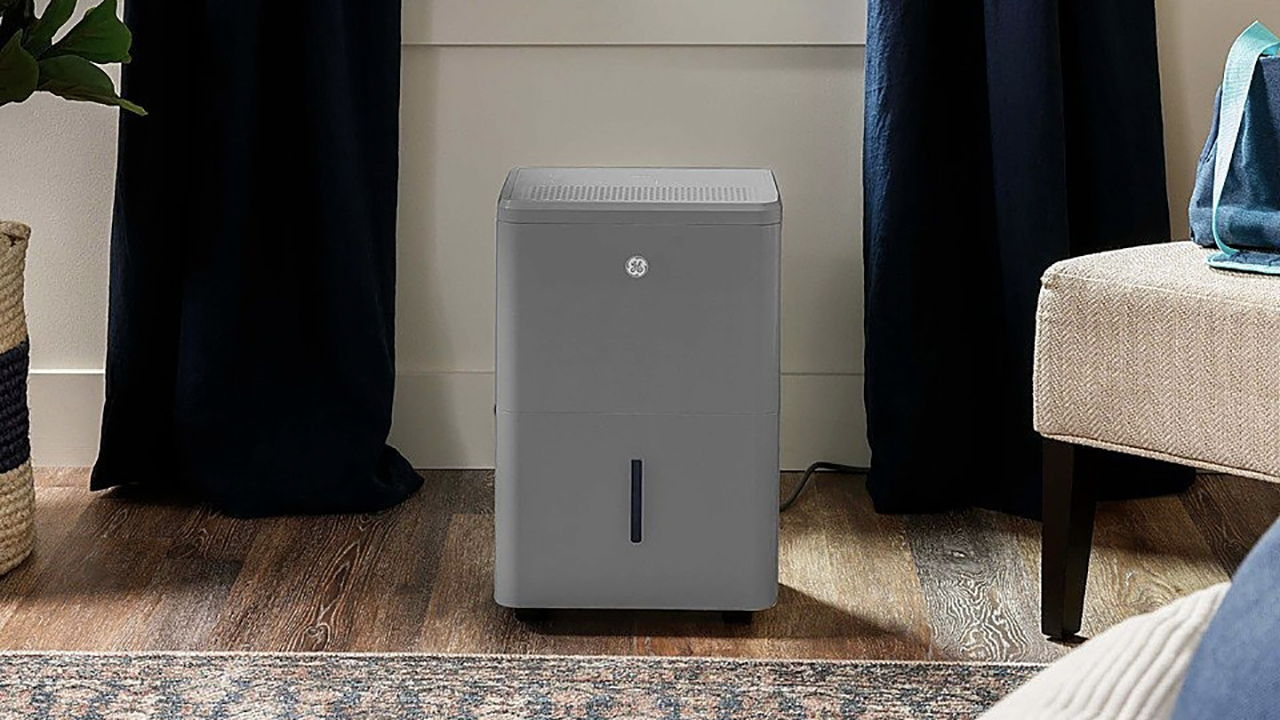The Off-Broadway Theatre Review: NYTW’s We Live in Cairo
By Ross
It’s election day in America, on the day I write this review (now the morning after). And it feels very appropriate (although difficult and distracting), as so much of New York Theatre Workshop‘s production of We Live in Cairo is about politics and disillusionment. For many of us, it’s a shock that so many Americans actually see that orange monster as someone they could vote for. It’s a staggering saddening truth of America, regardless of who wins in the end,. Yet, embedded into this compelling and powerful new musical, with book, music & lyrics by The Lazours (LCT’s The Lunchbox), a similar frustration, but on a much grander scale, flames the revolution that inspired so many young Egyptians to take to the street to demand an end to a regime older than any of the characters we see on that stage. It’s a framing that I couldn’t help but be sucked in. Is this America’s future? Or will we be saved by Harris from a form of dictatorship and fascist rule by a man who will do anything to hold on to power regardless of what the law states? None of this feels out of the question anymore as I embraced the escalating narrative in this fascinating musical, giving it all the more power to connect and strike fear and anxiety into my heart.
Some may think that sounds extreme, but it always does until it happens. Just ask the older population of women in places like Iraq or Afghanistan, who were alive in the 1970s walking around in mini-skirts and short-sleeved tee shirts living their modern life believing they had the right. This energy lives and breaths in this unmasking of the Arab Spring, as we join a group of friends slowly coming together to protest the decades-long reign of Egyptian President Hosni Mubarak. Musicians enter and arrange themselves in the corner on a set that reminds me of the loft in Rent – The Musical. But adored by set designer Tilly Grimes (ARS NOVA’s The Underground Railroad Game) with accents that take us to the backstreets of Egypt. Drums warn us and lead us into February 2010, one year before the revolution, with a young woman by the name of Layla cautiously making her way through the midnight streets of Cairo.

She pauses in the soft focus presentation of street lights, beautifully crafted by projection designer David Bengali (Broadway’s The Thanksgiving Play), that quickly sets the tone and tension. A female voice asks the young woman, “Are you OK?” The one questioning, Fadwa, powerfully portrayed by Rotana Tarabzouni, states quite clearly that being on the streets so late in Cairo isn’t exactly safe. Layla, smartly portrayed by Nadina Hassan (Nat. Tour of Mean Girls), believes she is on her way to meet up with her Christian amour Amir, beautifully portrayed by Ali Louis Bourzgui (Broadway’s Tommy) for a release party. It turns out it’s not some cool record release that she was expecting, but a welcome home to Fadwa who has just spent two months in solitary confinement for anti-Mubarak posting on Facebook.
Layla, a Muslim photographer, falters at first, thinking that she probably shouldn’t be here, as her family is well connected to the regime, particularly her father, and she can’t help but repeat strong nationalistic tendencies regarding loving her country. She isn’t exactly a rebel like the rest of them, and isn’t exactly welcomed into the group wholeheartedly, especially by Amir’s brother, Hany, portrayed by Michael Khalid Karadsheh (Public’s The Ally), who doesn’t understand why Amir is “wasting his time” with this older Muslim woman. Hany dreams of him and his brother going to America, particularly New York City (albeit Queens), attending law school, and finding a couple of sweet Christian women to marry. Amir might have a few other ideas, especially after seeing how he looks at Layla.
Layla hesitates, mainly because of her growing feelings for the handsome musician Amir and his smooth sweet charm, just long enough to be witness to a political satire song, written by the brothers, and performed by a compelling graffiti artist Karim, played by John El-Jor (“Mean Girls“), who has a small following for the art he spray paints on walls in Cairo. As directed with force by Taibi Magar (ATC’s Blue Ridge), We Live in Cairo presents us with this sorted group of young artists who slowly form themselves into an alternative family of rebels and political thinkers, and together, they create a bond that draws them to Tahrir Square for a protest that will change history, and this newly formed family.

It’s a compelling tale of passionate artists trying to take control of the world that they live in, or at least playing a role in revolutionary change, becoming actively involved and inspired, but also frustrated and disillusioned when death, military crackdowns, and political upheaval take on different dangerous tones. Amir is the romantic thinker of the group, believing that a melody is what they hear first. Lyrics come next, but if the melody is good, it can become something powerful. We can totally understand Layla’s growing fascination and feelings for this man, as they harmonize about freedom and discuss change. Widen the aperture, Layla says, is the way to change the focus of a photograph; a symbolic reframing that is most meaningful as we dive into the history as spelled out in an informative insert. It’s compelling stuff, and the songs find their focus, delivering an entryway into the emotional spaces needed. It also doesn’t hurt that all are very accomplished singers, giving us performances that move and engage, thanks in part to the beautiful orchestrations by Daniel Lazour & Michael Starobin (Broadway’s Suffs).
It’s pretty hard not to compare the piece to Rent, but on a larger political stage against a much more dangerous regime, in a country where imprisonment and death are as possible as those Rent kids getting evicted. But with the choreography & movement direction by Ann Yee (Broadway’s Sunday in the Park…), the comparison is impossible not to play with, especially on this day in America. The complicated explosion of rebellious energy is captivating and complex, especially when the last character, Hassan, played by Drew Elhamalawy (Pre-Broadway’s The Queen of Versailles), enters the space, hypnotized by Karim’s artistic tendencies and boldness. It becomes clear that Hassan is dealing with some complexities all on his own, around sexuality and his family’s involvement with the extreme ‘Brotherhood’. And that combination is torturous to the fragile Hassan.

Costumed authentically by Dina El-Aziz (Barrington’s English), with captivating lighting by Bradley King (Broadway’s Water for Elephants) and a solid sound design by Justin Stasiw (Broadway’s Lempicka), the passion of these souls spiral out, and as political complications arise, particularly when the Brotherhood wins the much sought after democratic election, splinters and arguments start to tear this family apart, in ways that once again brought me back to Jonathan Larson’s classic musical, with each character easily parralelled with a Rent character. With a few minor adjustments.
“An anthem is a love song“, we are told, and in that remark, the show presents its power the lives in its bones, and the ideas presented. But sometimes the musical lacks a centeredness around the interpersonal conflicts, leaving them feeling somewhat overly scripted in political rhetoric. The politics feel forced, and some of the storylines, like the love that is there between Karim and Hassan, are unfinished and not fully examined. But We Live in Cairo is trying to tell a story that doesn’t actually have a nice tie-up ending, like the fiction that lives rent-free in Rent. It would be lovely if we all could get the happy ending we all want.
I try to stay away from the television tonight as the election results roll in. I understand that not all stories end well, especially true ones about rebellion and revolution, but I’m hoping America’s story ends the way I want it to (spoiler alert, it doesn’t end well). I don’t think it will be clean or tidy tonight, or this week, but I’m praying that Kamala will prevail and we can all take a deep inhale and exhale at some point in the next few hours or days. (Unfortunately, that breath might have to wait four more years, as Kamala did not win the election, and I’m devastated.)






/cdn.vox-cdn.com/uploads/chorus_asset/file/25803801/Large_64635_HyundaitoOfferFreeNACSDCEVAdapterstoEnhanceChargingConvenienceforEVOwners.jpg)






/cdn.vox-cdn.com/uploads/chorus_asset/file/25799335/247464_Kindle_Paperwhite_ALiszewski_0001.jpg)




